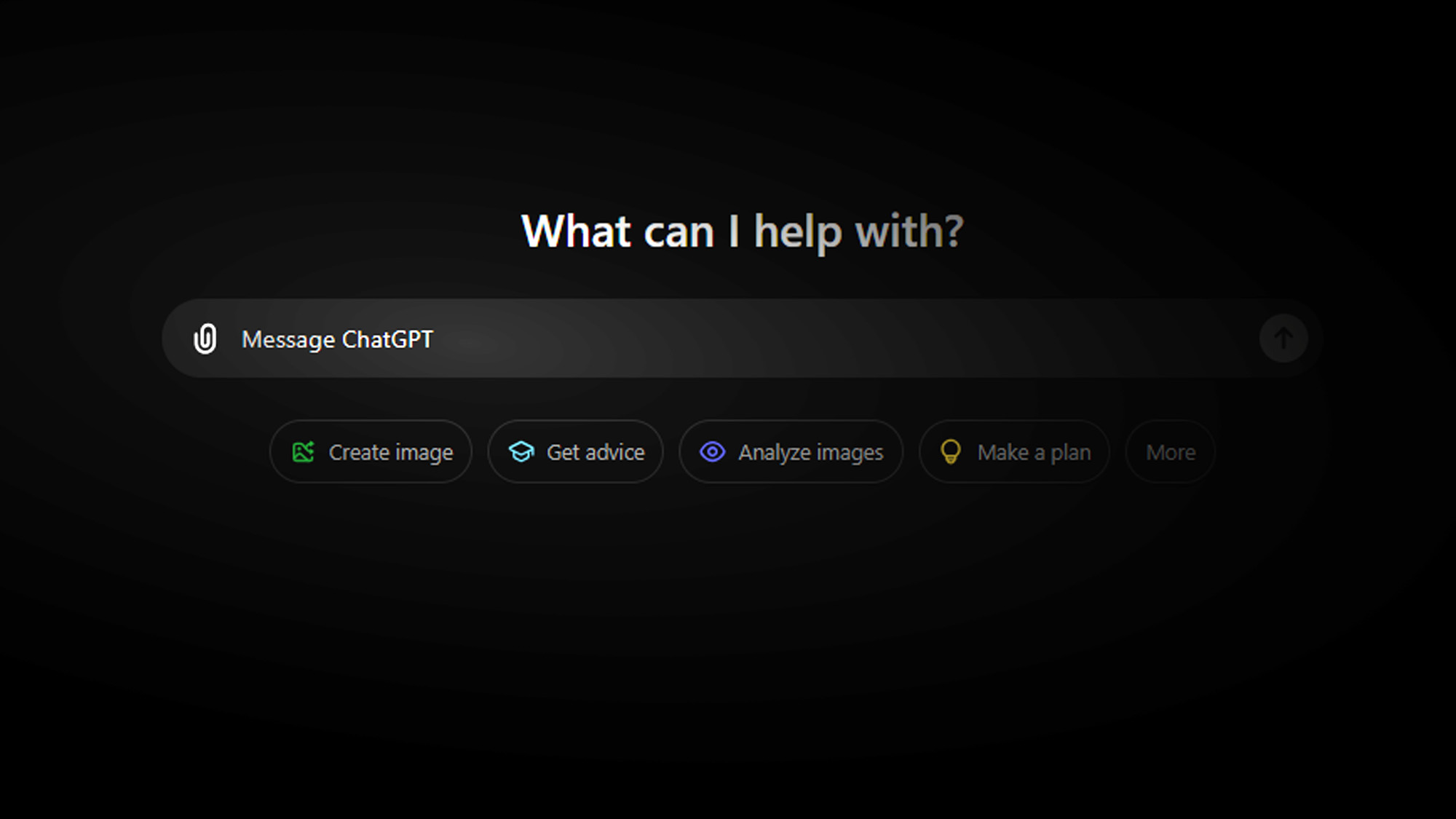Reports have emerged that Google and Meta, two giants in the tech world, have been targeting advertisements to young teens. This raises some very serious concerns about the effectiveness of self-regulation within the tech industry and why external oversight is so important.
According to the Financial Times, Google ran a campaign to recruit teenagers, ages 13-17, by placing ads for Instagram on YouTube for its teen users. Somehow, this dodged Google’s ban on advertising based on age because the advertising platform labeled this specific audience as “unknown.” Meta has the same ban and was pitched this idea; the ad campaign began in Canada and the US, with possible expansion to other countries.
The campaign was only pulled after the Financial Times contacted Google, at which point the company axed the project. Google, however, claimed it hadn’t broken any rules because the advertisements weren’t directly targeted at registered YouTube users the company knew were under 18. Google’s policies suggest otherwise, classifying this instance as falling under the rules against proxy targeting.
Why This Matters
This incident has inherently enhanced the risks involved in letting technological companies regulate themselves. With users protected by policies, especially among young audiences, such companies have time and again proved ready to step out of their boundaries, bending rules for their cause. What is extremely concerning is that Google and Meta were both willing to exploit a very vulnerable demographic for profit while proudly touting a facade of keeping them safe.
If it weren’t for the Financial Times’ expose of documents detailing this campaign, this would have been yet another ethically dubious operation from which Google and Meta were making money. Moreover, both companies would continue to boast about their reputation as being “safe” for teenagers, hence luring more and more young users into interacting with their platforms.
Not Their First Offense
This isn’t the first time Google has been called out for how it handles advertising. In 2023, the US Department of Justice filed a major antitrust case against Google over the practice of monopolizing digital advertising technologies, highly touting the dominance of this company over ad tech. Meta also has a checkered history of the same nature. From its platform’s role in solidifying racial prejudice to its involvement in the 2020 election, not to mention Cambridge Analytica’s case of misusing data from 87 million Facebook profiles, Meta has shown over and over again that it is not very concerned with ethical standards.

The Need for External Regulation
Looking back into the history of these tech giants, very clear evidence is the fact that they cannot be trusted to police themselves. Their actions are reportedly steeped in following profit over user good, even when those users include vulnerable teenagers. The fact that it only took one journalistic investigation to bring Google’s campaign to a screeching halt underlines the strength of oversight.
This incident should therefore serve as a reminder that technology giants, most especially Google and Meta, should always have their activities regulated in all possible manners by independent organizations. It is only then that we can ensure complete security for the users, especially young ones, in the digital world.
The Internet is expected to be a secure platform for all its users, which will happen only when companies are held responsible by forces outside their control.




